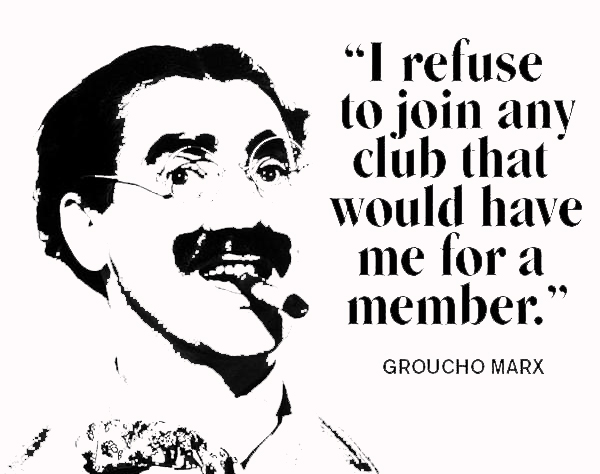I hope SZBA will revise their rules soon  ...
...
But what about Soto-shu in Japan? Do they also discriminate people with disabilities? Or is this an American trait?
Gassho
Wabo
ST
 ...
...But what about Soto-shu in Japan? Do they also discriminate people with disabilities? Or is this an American trait?
Gassho
Wabo
ST
 I don't think that it is only American too, but throughout western Zen.
I don't think that it is only American too, but throughout western Zen. 





Comment